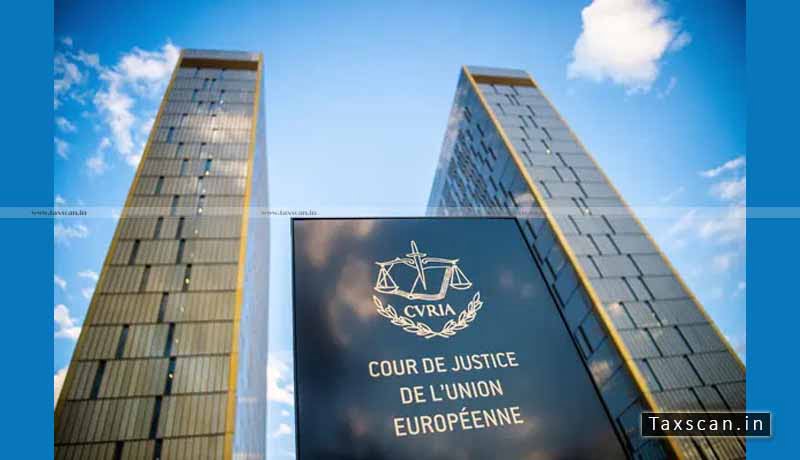Staff Secondment: European Court of Justice ruled on VAT treatment

European Court-taxscan
European Court-taxscan
The European Court of Justice issued a landmark judgment on the Value Added Tax (VAT) treatment of the staff secondment.
The Italian Supreme Court requested the European Court of Justice to rule on the point of compatibility between national legislation (legislation of Italy) concerning the Value Added Tax (VAT) treatment applicable to staff secondment without mark-ups i.e. with only reimbursement to the primary employer the cost incurred for the seconded staff (including fringe benefits, social security charges, etc.) and the legislation of European Union (EU).
The Italian Tax Authorities clarified on the point that when an independent service may qualify as a ‘staff loan’, it can be subject to Value Added Tax (VAT) pursuant to Article 3 of Presidential Decree No. 633 of 26 October 1972, regardless of whether the circumstance of the relevant consideration corresponds directly to the reimbursement of the cost.
However, in the recent years the Italian Supreme Court has mainly considered the VAT treatment to be reserved to staff secondments characterized by a refund not exactly equal, even when higher or lower, to the cost sustained by the primary employer for the seconded staff, these results were not always consistent. In fact, the principle initially declared was that only the mark-up was to be considered taxable for VAT purposes. However, this principle has since been overtaken by the sentence of the Italian Supreme Court, which stated, in these cases, the taxable amount for VAT purposes of the entire amount charged.
In this framework, the recent Order has raised new doubts about the compatibility between the internal legislation pertaining to the staff secondment, which exclude from the VAT scope staff secondments with reimbursements equal to the cost incurred by the primary employer and on the other hand the European Union (EU). legislation considering that pursuant Article 59 of Directive 2006/112/EC, staff secondment is deemed to be a supply of services and that supply of services is effected ‘for consideration’ if there is a legal relationship between the provider of the service and the recipient pursuant to which there is reciprocal performance. In this regard, the fact that the price paid for an economic transaction is higher or lower than the cost price is irrelevant.


